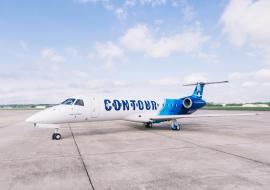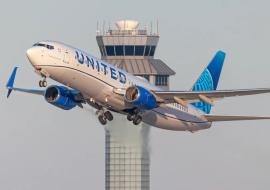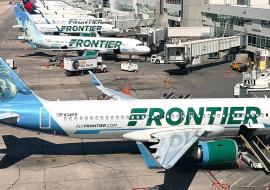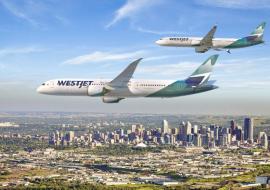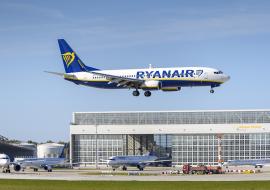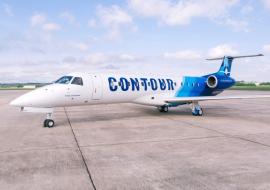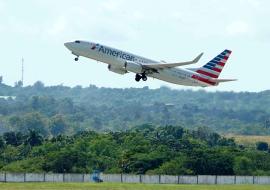Delta Cancels More Flights
The day after Delta Air Lines temporarily grounded its flights worldwide, cancellations and delays continue to pile up. Here’s what’s happening now and what travelers can expect.
Delta said it has canceled 530 flights Tuesday, with an additional 1,600 flights delayed. The nation’s third-largest carrier canceled about 1,000 flights on Monday.
Most of the cancellations and delays were for flights in and out of Hartsfield-Jackson Atlanta International Airport, which is Delta’s hub headquarters. About 73% of that airport’s passengers fly Delta each year.
Delta is offering $200 travel vouchers to people whose flights were canceled or delayed more than three hours. Delta is also waiving the fee normally charged to passengers for rebooking a flight, with some restrictions.
Delta said the problem began with a power outage early Monday. However, representatives for Georgia Power, which controls the power grid at the Atlanta airport, said the outage did not originate with its system but instead appears to have started in the airline’s equipment. Delta said it is investigating why “some critical systems and network equipment didn’t switch over to Delta’s backup systems.”
Delta reported that its systems were fully operational by Monday at 12:40 p.m. Pacific time, but the ripple effect caused by so many canceled and delayed flights continued to affect the airline’s flight schedule Tuesday.
One reason for the lasting effect is that airlines have been packing planes to record levels in the past several years. The percentage of seats filled on commercial planes in the U.S., known as the load factor, was 83% in 2015, up from 73% in 2002. Because of the high load factor, airlines have very few empty seats in which to put passengers from canceled flights. Rebooking passengers into available seats will take time.
Airlines also have minimized planes’ turnaround time — the window between when a plane lands and when it is supposed to take off again — in order to maximize revenue per plane. That means that a delay by one flight can throw off a flight schedule for days.
Aviation experts say computer problems are causing more delays and cancellations among airlines because the systems have become larger and interconnected, linking websites, airport kiosks, mobile apps and other components. Critics say airlines need to invest more in backup systems and staffing to ensure the systems can handle any crisis.
Southwest Airlines canceled more than 2,000 flights last month, blaming the problem on a faulty network router. United Airlines and Alaska Airlines blamed computer glitches last year for pricing snafus.
Source: The Associated Press







